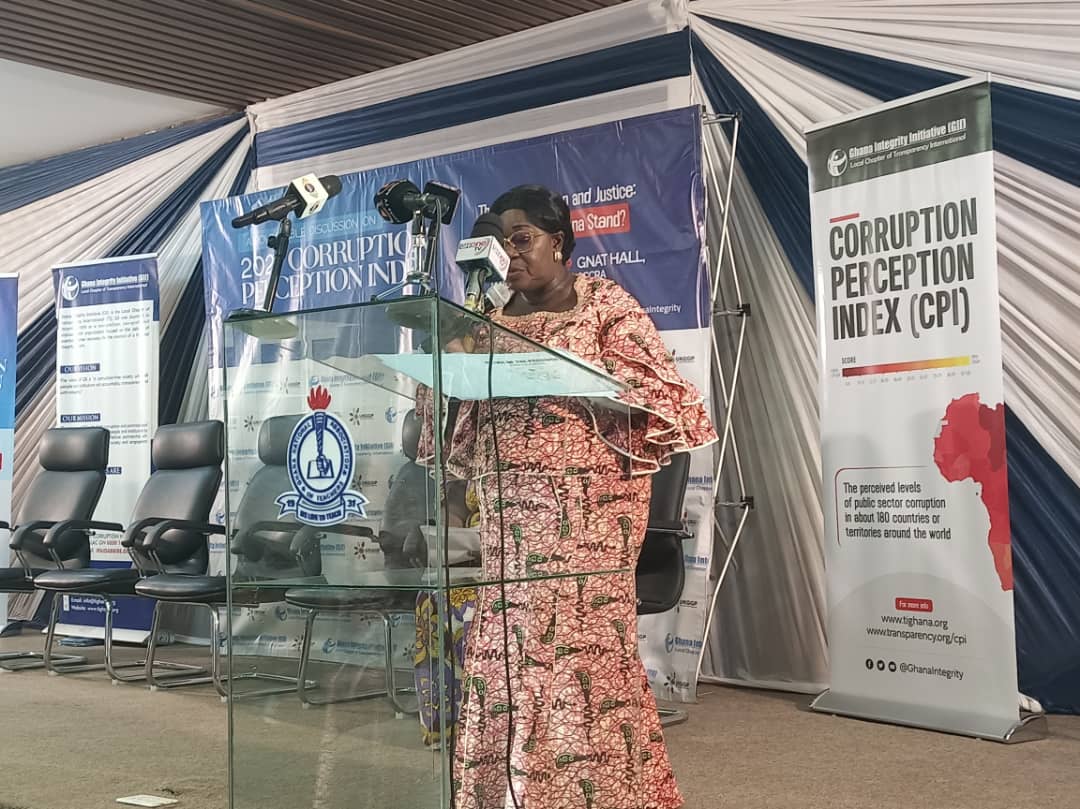
By Kingsley Webora TANKEH
The Chief of Staff , Julius Debrah, is wooing Chinese investors to set up manufacturing plants in Ghana to boost the country’s ailing manufacturing sector to improve value addition and exports.
He encouraged investors to take advantage of the incentives and spur production under government’s upcoming 24-hour economic policy and consider exploring opportunities in the petrochemical industry, housing, automobile, EVs and tourism sectors of Ghana to avert import charges, with guaranteed access to the African market.
“As a government, we want to assure you that any Chinese entity willing to establish a manufacturing plant in Ghana will be welcomed, will be encouraged, will be supported and will be pushed to be successful,” he declared.
Opening the five-day Ghana-China Business Summit on Monday, June 23rd, 2025 in Accra, the venerable statesman decried Ghana’s meagre and raw exports to the south Asian superpower.
China all tarrifs for 53 African countries with which it has diplomatic relations in mid-2025, as a response to the then widening US tarrifs on Chinese exports that would have dealt a significant blow to Chinese trade and commerce.
This prompted China to fall back on Africa for improved trade.
However, China later reached a trade deal with the US in Geneva on June 11. The US agreed to reduce tarrifs on Chinese exports to 55 percent, while China maintains tarrifs on US exports at 10 percent.
The deal allowed China access to critical imports in return for US access to rare earth minerals and magnets, critical components of chips and computer and defence systems.
China remains Ghana’s largest trading partner, despite the raw nature of Ghana’s exports into the region.
Ghana exports crude petroleum, manganese ore and aluminum ore to China, whereas China exports machinery, electronics, steel products, vehicles, plastics, footwear and clothing to Ghana.
Ghana has a little over US$1billion trade deficit with China. In 2023, Ghana exported US$1.8billion worth of goods into Chinese territory and imported US$3.07billion from China.
Debrah however stressed that: “We need to find a way to bridge the gap, with significant investments in the manufacturing sector”.
The summit brought together Chinese business executives, both Ghanaian and Chinese investors, entrepreneurs, policymakers and local business executives to explore business opportunities in Ghana and foster partnerships to position Ghana as the African market’s gateway.
About 90 Chinese investors were present on the event’s first day. This number will expectedly increase to 120 or more in the coming days.
In view of this glaring trade imbalance, Debrah cajoled Chinese investors to put up manufacturing plants in Ghana to improve value addition and exports to bridge these imbalances and take advantage of the proximity and connectivity between Ghana and neighbouring West African countries.
“When you invest in Ghana, you have an opportunity to export into other West African countries including Burkina Faso, Mali, Niger and Guinea. And it’s much much easier if you use Ghana as your base because we are very close to Europe,” he noted, while enumerating the numerous opportunities to be had when investing in Ghana.
“Almost all the airlines come to Ghana and we have two major ports which aid international business,” he added.
Ghana Investment Promotion Centre records indicate that over 560 Chinese businesses have expressed interest in Ghana and above 100 Chinese manufacturing entities – owned by either state government or private sector investors – are registered in Ghana.
The Ghana Union of Traders’ Associations’ president, Joseph Obeng, echoed Debrah’s sentiment while urging knowledge and technology transfer from China to aid in Ghana’s industrialisation.
“It is very important that we get some of this experience, technology and machinery to satisfy our quest for industrialisation,” he added.
China has positioned itself as an alternative development partner, “with no strings attached”, through the Belt and Road initiative which has seen the construction of major airports, highways and ports across the African continent.
However, these projects are fraught with controversies of seizure and operation by the Chinese government due to non-payment of loans.
These peculiar cases should be a warning for Ghana to tread cautiously as it seeks to advance and improve its manufacturing sector through partnerships with China.
The post Chief of Staff woos Chinese investments to boost local manufacturing appeared first on The Business & Financial Times.
Read Full Story






















Facebook
Twitter
Pinterest
Instagram
Google+
YouTube
LinkedIn
RSS